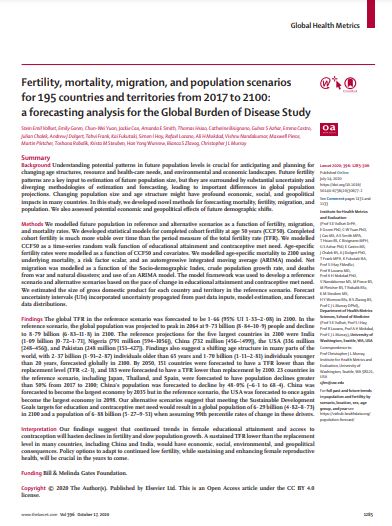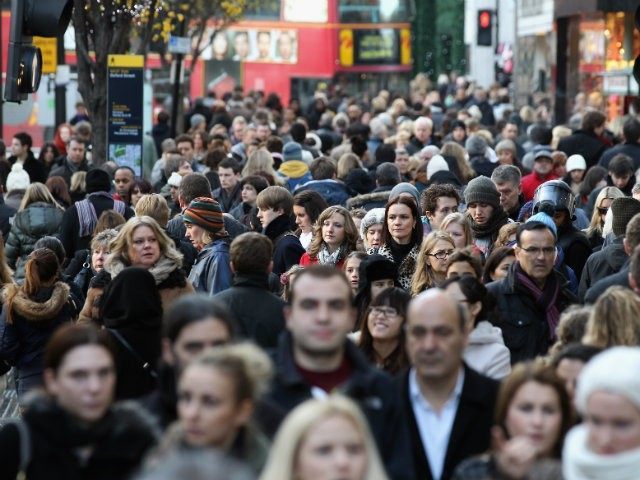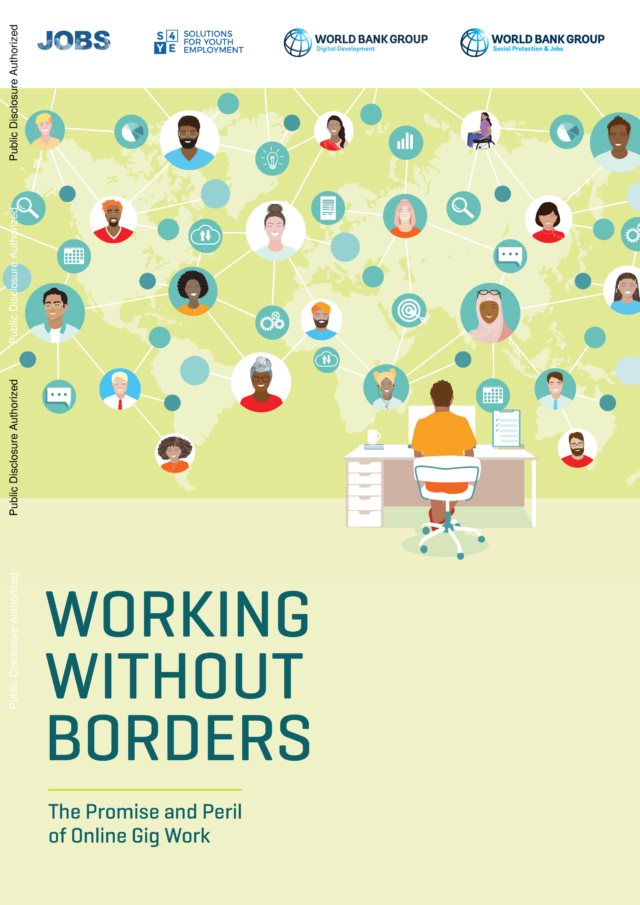Places versus People: The Ins and Outs of Labor Market Adjustment to Globalization
By David Autor, David Dorn, Gordon H. Hanson, Maggie R. Jones & Bradley Setzler This chapter analyzes the distinct adjustment paths of U.S. labor markets (places) and U.S. workers (people) to increased Chinese import competition during the 2000s. Using comprehensive register data for 2000–2019, we document that employment levels more than fully rebound in trade-exposed places after 2010, while employment-to-population ratios remain depressed and manufacturing employment further atrophies. The adjustment of places to trade shocks is generational: affected areas recover primarily by adding workers to...










